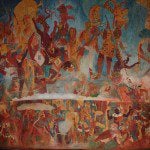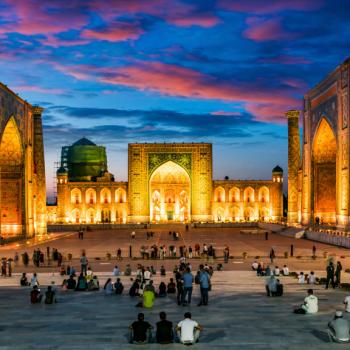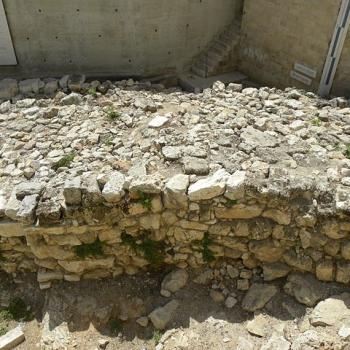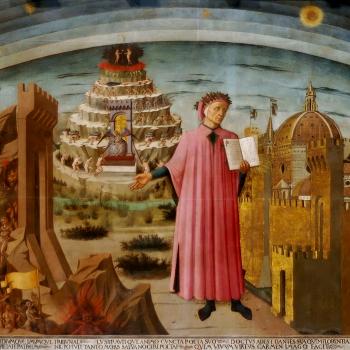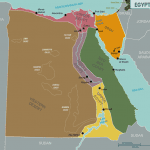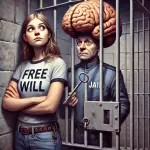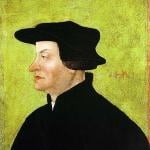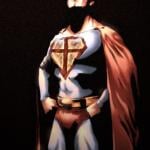
Although I can’t honestly recommend the presentation that began at 1:35 PM this afternoon, I’ll make this overall comment otherwise: If you didn’t come to the Tanner Building at BYU today and you didn’t listen online, you missed some really interesting material. Here is the program for today’s second and concluding session — Saturday, 10 May 2025: Saturday Session 2 — of the Interpreter Foundation’s conference on “Abraham and His Family: In Scripture, History, and Tradition”:
| Keynote Session Chair: John W. Welch (Scripture Central and BYU, retired) | |
| 8:30 | Welcome and Opening Prayer |
| 8:45 | Gary A. Rendsburg (Rutgers University, Jewish Studies) |
| 9:45 | Break |
| Morning Session Chair: Jeffrey M. Bradshaw (Institute for Human and Machine Cognition, Senior Research Scientist) | |
| 10:00 | John Gee (BYU, Humanities)
The Redeemer and the Redeemed (remote presentation) |
| 10:35 | Jennifer C. Lane (BYU–Hawaii professor emerita, Religious Education) |
| 11:10 | Matthew L. Bowen (BYU–Hawaii, Religious Education) |
| 11:45 | Lunch |
| Afternoon Session Chair: Matthew L. Bowen (BYU–Hawaii, Religious Education) | |
| 1:00 | Noel B. Reynolds (BYU, retired)
“And They Shall Write It”: The Literacy and Scribalism of Abraham’s Josephite Descendants(remote presentation) |
| 1:35 | Daniel C. Peterson (Interpreter Foundation, President and BYU, retired) |
| Samuel Zinner (discussant) (Independent Scholar)
Esoteric Traditions on Abraham: Rabbinic and Kabbalistic Sources, the New Testament, and the Qurʾān |
|
| 2:30 | Spencer Kraus (Scripture Central) and Allen Hansen (Independent Scholar) |
| 3:05 | Break |
| 3:20 | Jeffrey M. Bradshaw (Institute for Human and Machine Cognition, Senior Research Scientist)
Abram Meets Melchizedek, with Joseph Smith at the Reader’s Side |
| 3:55 | Panel Discussion and Audience Questions (Jeffrey M. Bradshaw, Daniel C. Peterson, Jennifer C. Lane, Gary A. Rendsburg, and John W. Welch)
Personal Views on Abraham and His Family |
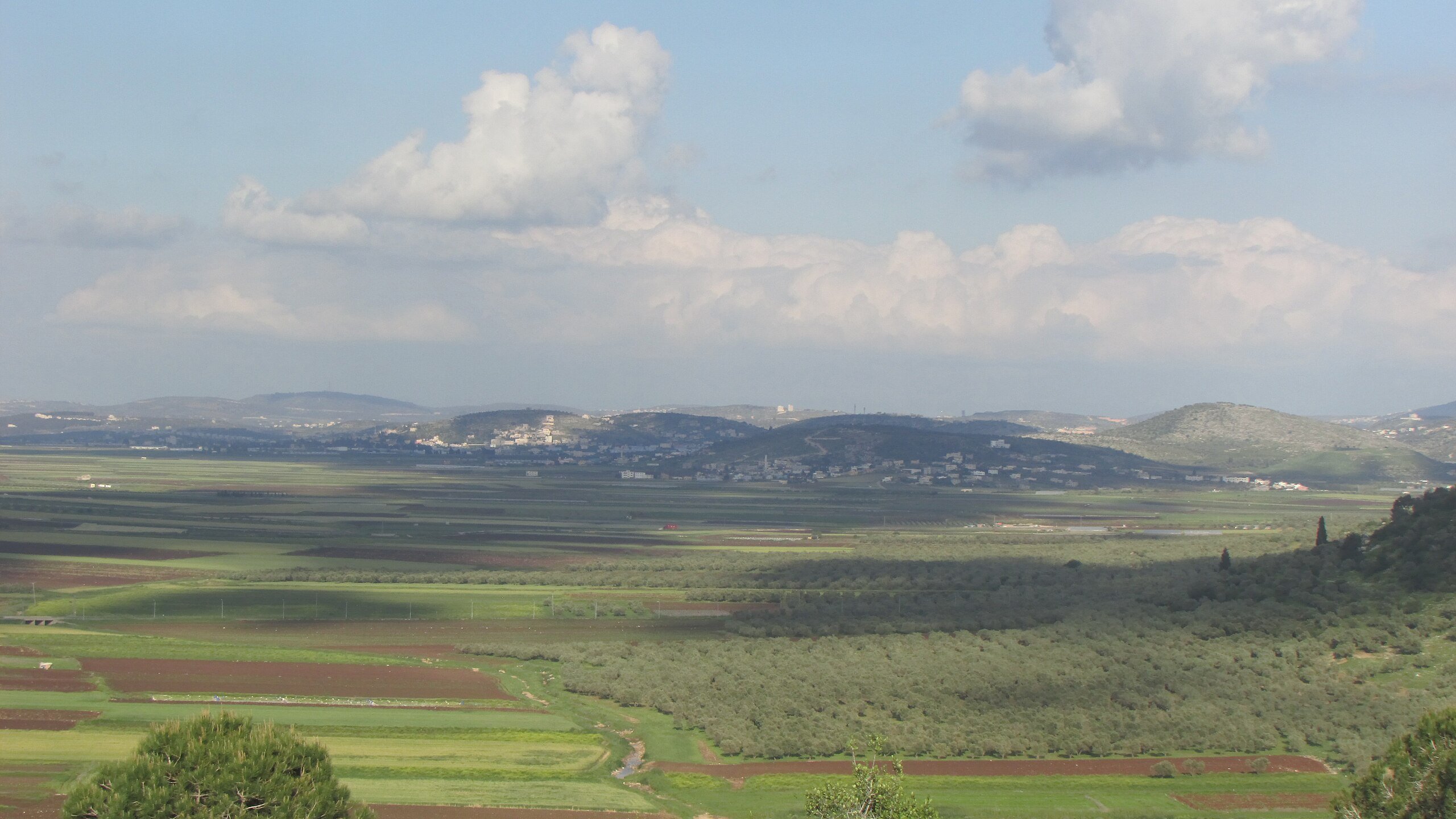
Gary Rendsburg told an amusing anecdote during our concluding panel discussion today. It went roughly as follows:
A professor — I can’t recall who it was; the professor and the students were, I think, all Jewish — asked his class to name the most important figure in the Bible. The answers were pretty much what you would expect. Some suggested Abraham. Some suggested Moses. Had it been a class full of Christians, of course, Jesus would have been the choice as the most important biblical character.
But the professor said that no, it was none of those. Instead, he identified an unnamed man in Genesis 37, a chapter that tells part of the story of Joseph, the son of Jacob or Israel, and his brothers. I’ll give you the relevant verses, so that you can understand:
12 And his brethren went to feed their father’s flock in Shechem.
13 And Israel said unto Joseph, Do not thy brethren feed the flock in Shechem? come, and I will send thee unto them. And he said to him, Here am I.
14 And he said to him, Go, I pray thee, see whether it be well with thy brethren, and well with the flocks; and bring me word again. So he sent him out of the vale of Hebron, and he came to Shechem.
15 And a certain man found him, and, behold, he was wandering in the field: and the man asked him, saying, What seekest thou?
16 And he said, I seek my brethren: tell me, I pray thee, where they feed their flocks.
17 And the man said, They are departed hence; for I heard them say, Let us go to Dothan. And Joseph went after his brethren, and found them in Dothan.
As you will recall, Joseph’s brothers were deeply envious of him because he was Daddy’s favorite. So, when he found them in Dothan (far away from their father, out in the middle of nowhere), they conspired to kill him. The brothers threw Joseph into a pit. But then “a company of Ishmeelites came from Gilead with their camels bearing spicery and balm and myrrh, going to carry it down to Egypt,” and the brothers decided to sell him into slavery, instead.
Had the unnamed man not told Joseph that his brothers were in Dothan, Joseph would have returned to Jacob/Israel and simply said “Sorry, but I couldn’t find them.” They wouldn’t have sold him to a caravan of Egypt-bound Ishmaelites or Midianites. He wouldn’t have become a servant in the house of Potiphar, or been imprisoned upon false charges, or interpreted the dreams of the butler and the baker, or attracted the attention of Pharaoh. Later, when famine struck Palestine and his brothers came to Egypt seeking food, Joseph wouldn’t have been there in a position of power within the royal court and, thus, able to help them. He would not have invited them to settle in the land of Goshen (in the eastern portion of the Nile Delta) in Egypt. Consequently, the Israelite captivity in Egypt would not have occurred. And, if the Israelite captivity in Egypt had not occurred, the Lord would not have needed to liberate them through Moses. There would then have been no Passover, and no Exodus from Egyptian bondage.
But the story of Passover and the Exodus is central to Jewish identity, and — a Christian might add — Jesus’s Last Supper was a Passover seder and he was crucified on the eve of the Passover holiday. He atoned for our sins as a Passover sacrifice.
Rashi (ca. AD 1040 – 1105), a great medieval French rabbi who authored important commentaries on the Hebrew Bible and the Talmud, considered the role played by the anonymous informant in Genesis 37:15-17 so vitally important that he speculated that the man might actually have been an angel. Professor Rendsburg takes the story a bit differently: The man who provided directions to Joseph was an ordinary mortal. But he serves to illustrate the principle that nobody is insignificant in God’s plan for the world, that everyone has a role to play.

I admit that I feel some pangs of guilt about ruining a beautiful weekend — it’s been beautiful here in Utah thus far, anyway — with accounts of the aggressive impositions of theism on innocent people who’re only trying to mind their own business. But, alas, the Christopher Hitchens Memorial “How Religion Poisons Everything” File™ is a demanding taskmaster. So here are three links:
“The Church of Jesus Christ Brings Clean Water to Samoa and Papua New Guinea Villages”


